Depending on the kind of person you are, you fall into one of two camps — one that believes every BIOS update is indispensable, and the other that believes the BIOS should be updated only when necessary. If you haven't guessed by now, I'm part of the latter group. I even consider myself a tech Luddite who avoids BIOS updates like the plague. Irrespective of how you treat BIOS updates on your PC, there are always myths that you can still get rid of, whether they're about update frequency, necessity, complexity, or risk.
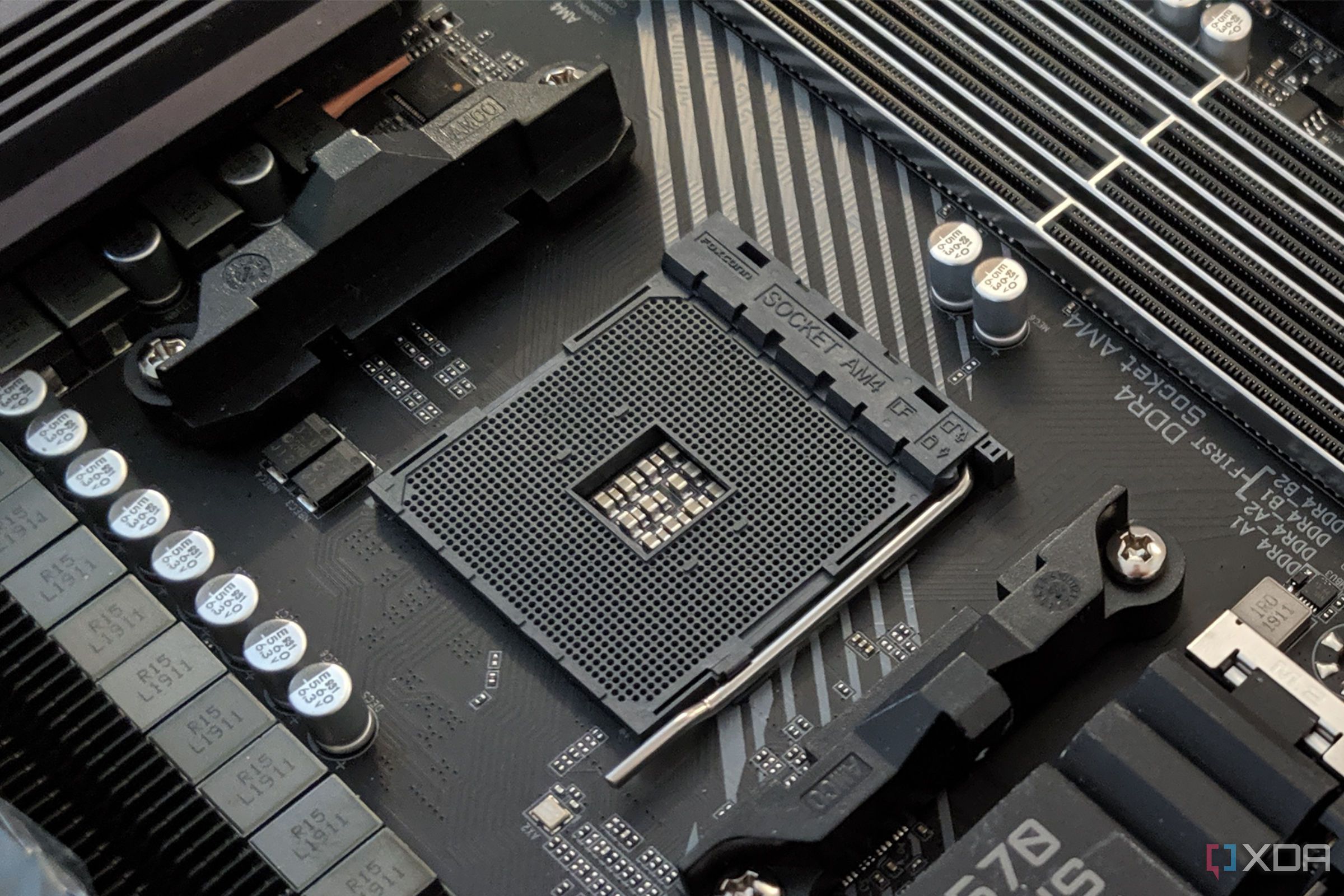
Related
Updating my BIOS after 4 years reminded me why I hate doing it
I know BIOS updates are important, but I just can't take the anxiety
5 You should update your BIOS regularly
Not every single BIOS version is worth it
Motherboard manufacturers release BIOS updates to improve stability, increase performance, fix security flaws, and even unlock new features. You might feel that, if there's a new BIOS version available for your motherboard, you should immediately update the BIOS, but it's not always advisable. New BIOS versions can introduce bugs that weren't there before, and many of them might not even fix the issues they claim to address.
If you ask me, you should only update your BIOS when there's a strong reason to do so. If a manufacturer has released a BIOS version to patch a critical security flaw that can seriously harm your system, then go ahead with the update. If you've figured out that you need a new BIOS version to enable a new feature for your CPU, then it's worth the effort. And, of course, if a new CPU needs a new BIOS version on your existing motherboard, then it's unavoidable. However, in all other cases, updating the BIOS isn't necessary for maximizing the performance of your PC.
If your system is working fine, then even the BIOS version claiming increased stability can be avoided. I still adhere to the old-school belief of "not fixing it if it ain't broke." Although I recently updated my PC's BIOS after 4 years, that's a long time to go with an old BIOS. You shouldn't do that, but updating the BIOS every few months isn't needed either.
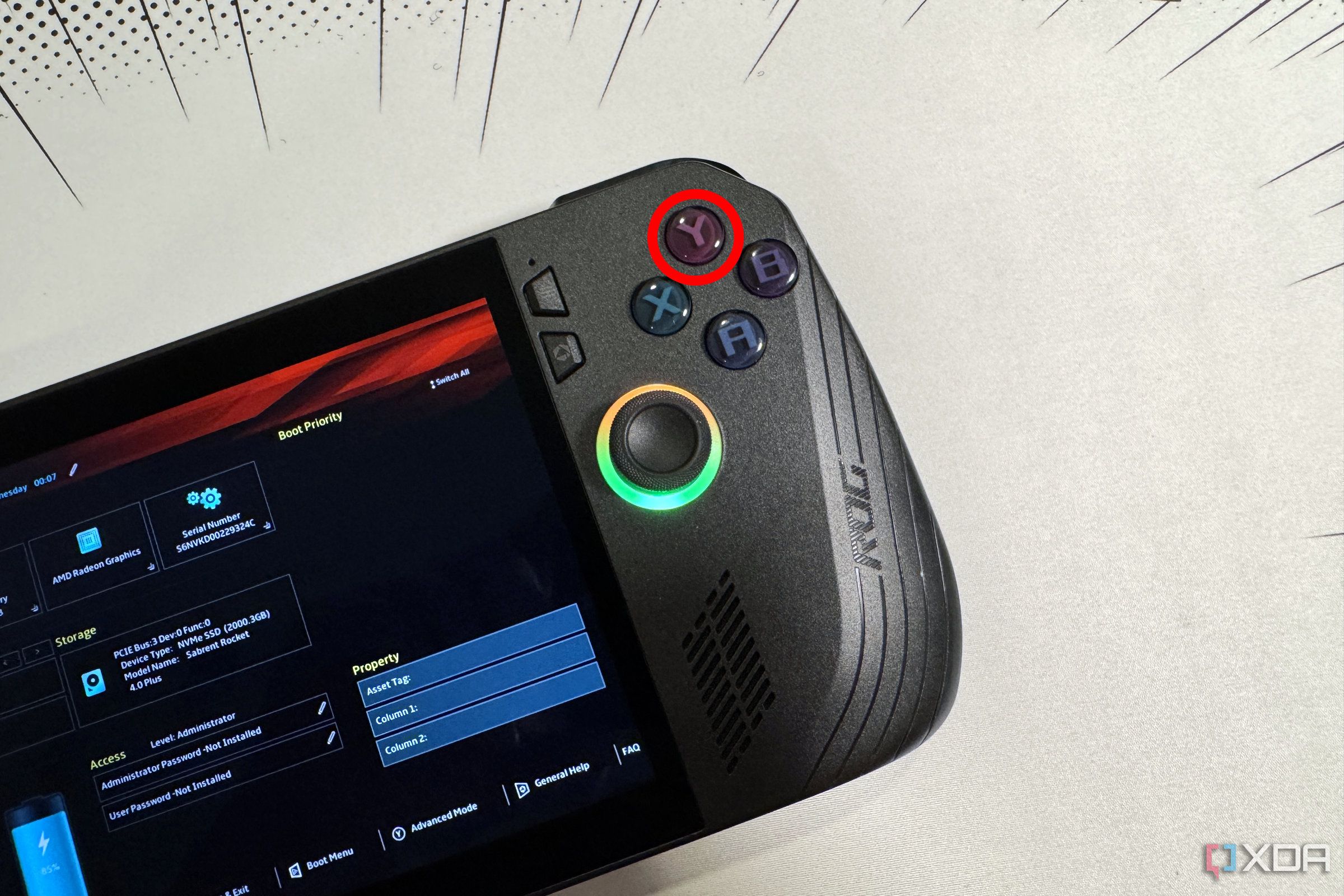
Related
6 things you might be missing out on if your BIOS isn’t up to date
These days, technology moves fast and the old adage of 'leave it alone if it's working' doesn't apply to BIOS updates.
4 Updating the BIOS is complicated
The steps are simple
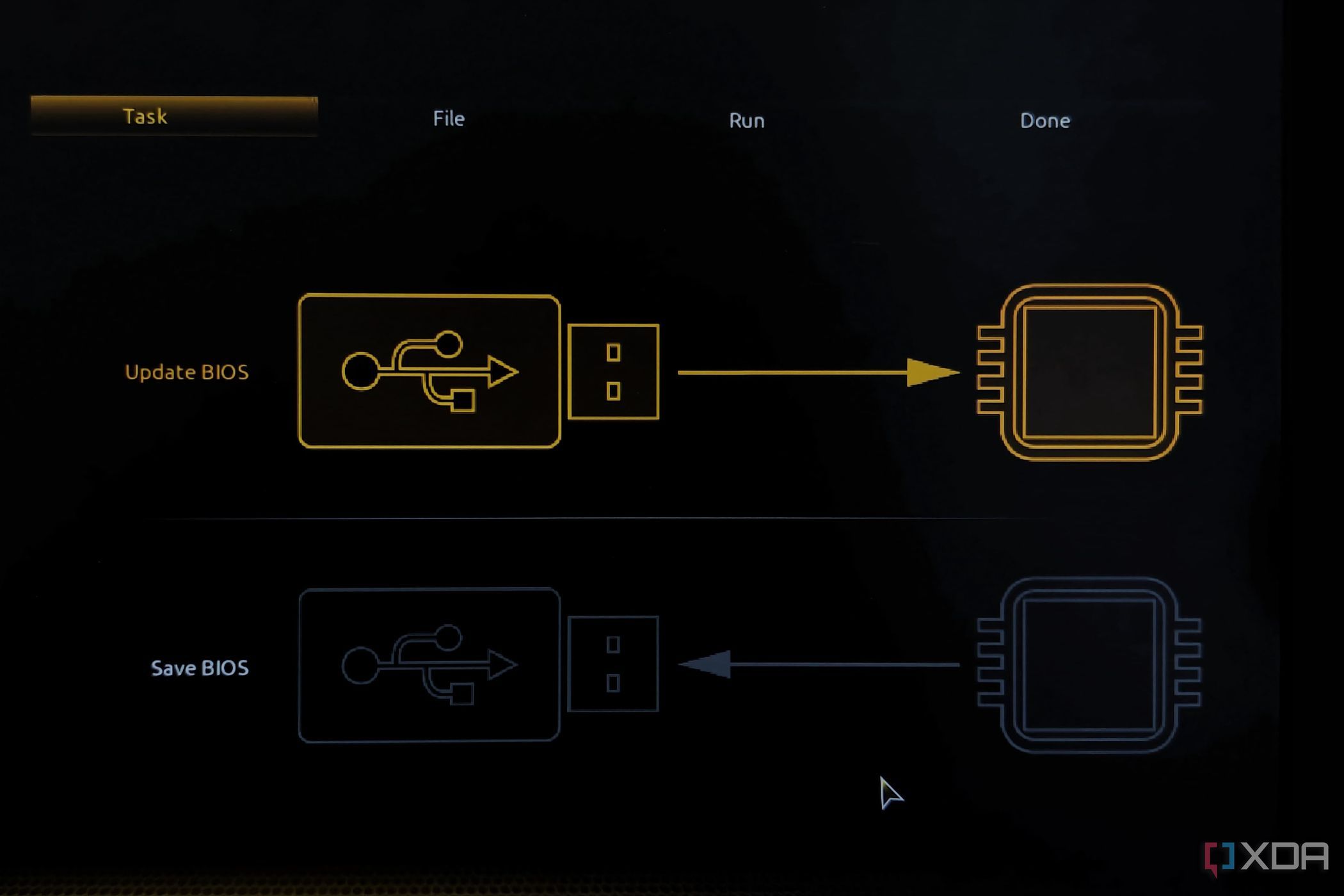
Despite what I feel about the ideal frequency of BIOS updates, I can't deny that updating the BIOS isn't particularly difficult for the average user. After all, you just need to download the BIOS version you want from your motherboard manufacturer's website, unzip the contents on a USB drive, and then enter the BIOS to initiate the update. Even this conventional method of updating the BIOS from within the BIOS is fairly straightforward.
It might seem like a big deal to alter the firmware of your motherboard, but most BIOS updates will go smoothly, even if they don't improve performance or make any other tangible difference to your PC. Your PC might perform a few reboots once the update is completed, but it will almost always boot to the desktop.
3 You'll lose your settings after a BIOS update
Only temporarily
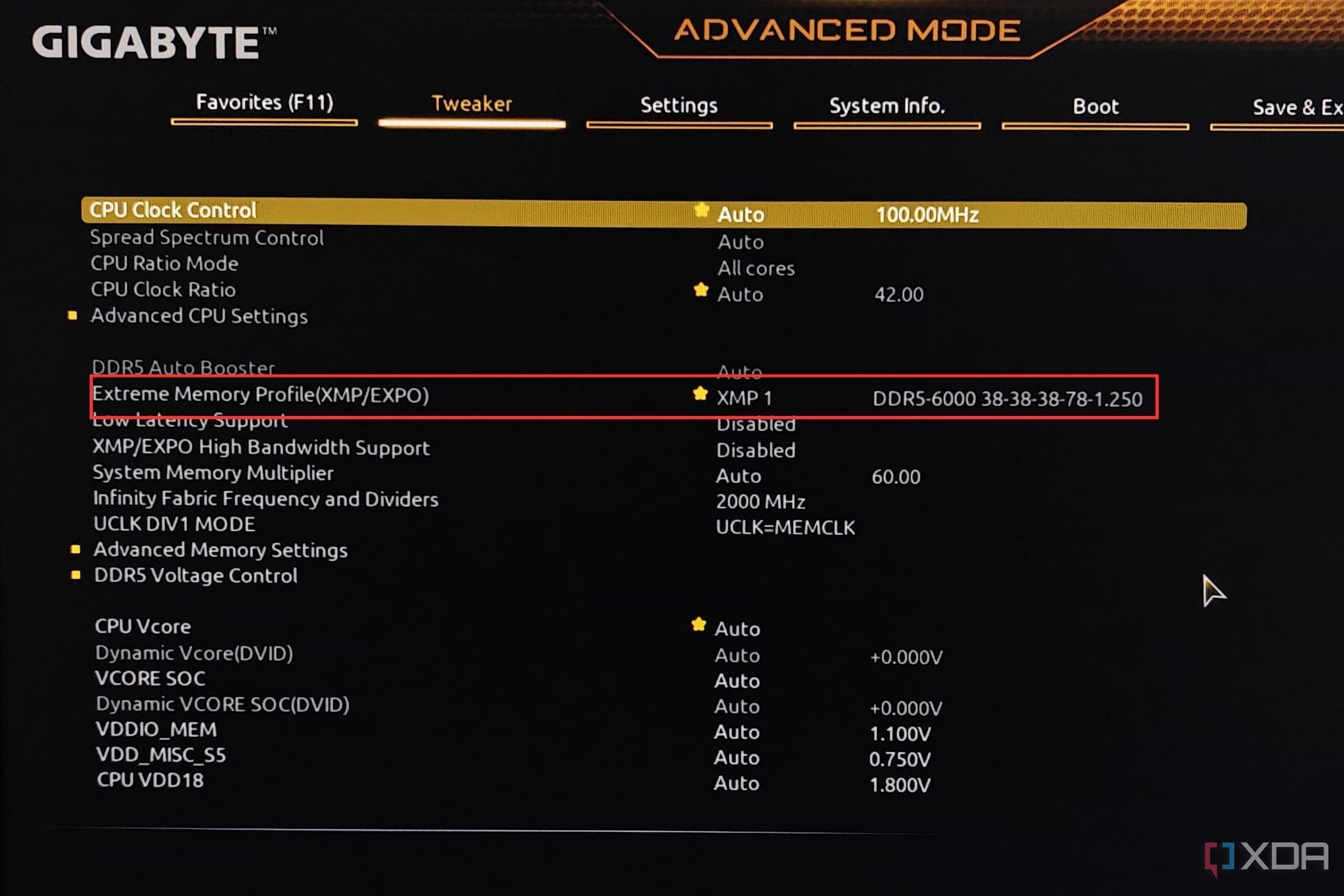
It's true that updating to a new BIOS version usually reverts everything to the default settings, but there's an easy workaround if you don't want to manually set everything to how it was before. Backing up your BIOS settings before flashing to a new BIOS gives you an easy way to revert to all your previous settings instantly after the update. The BIOS utility on your motherboard (the one you use to update the BIOS) will have a simple option to back up your settings.
If you don't see the option to back up your BIOS, you can still go ahead with the update. Manually setting everything again isn't a time-consuming process — you probably only need to enable XMP/EXPO, set the correct boot order, toggle Secure Boot and TPM as needed, and enable Resizable BAR. This isn't that hard to do, especially if you've done it countless times before.
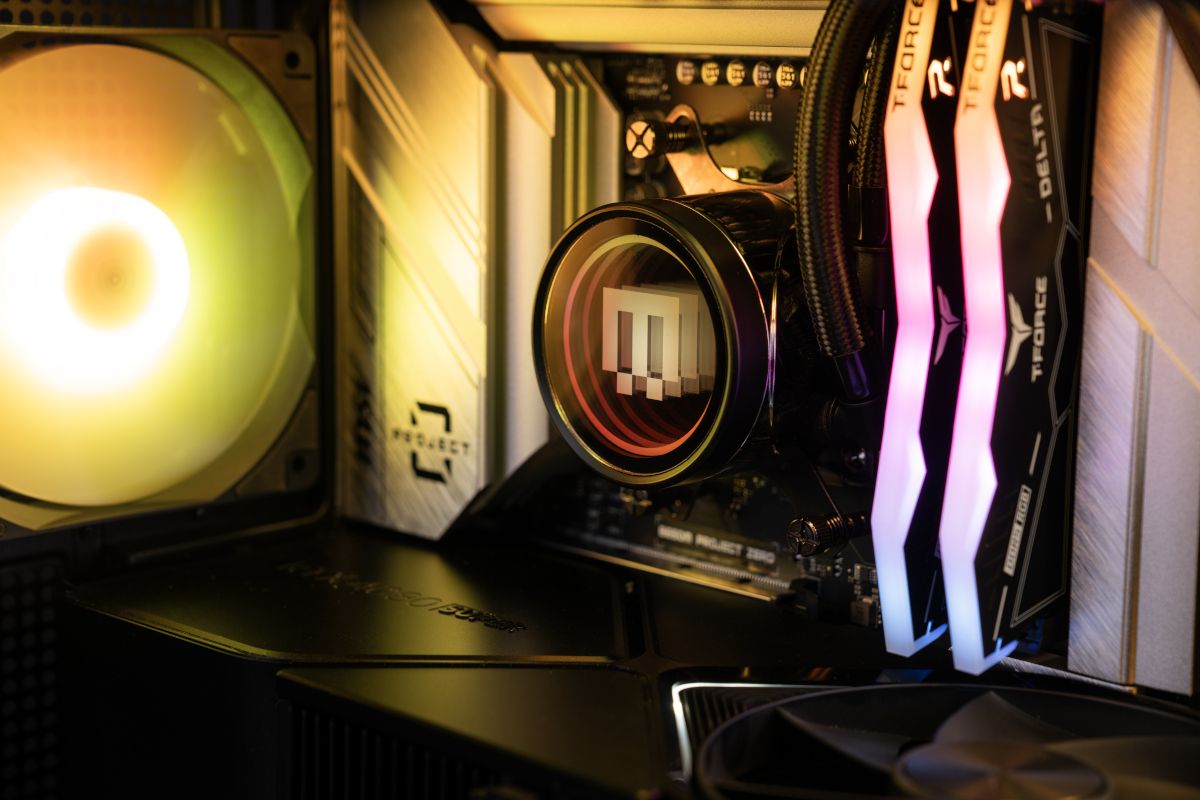
Related
5 BIOS/UEFI settings most people should never touch
Most PC users don't need to mess with these BIOS settings
2 Reverting to an older BIOS is impossible
Super easy, barely an inconvenience
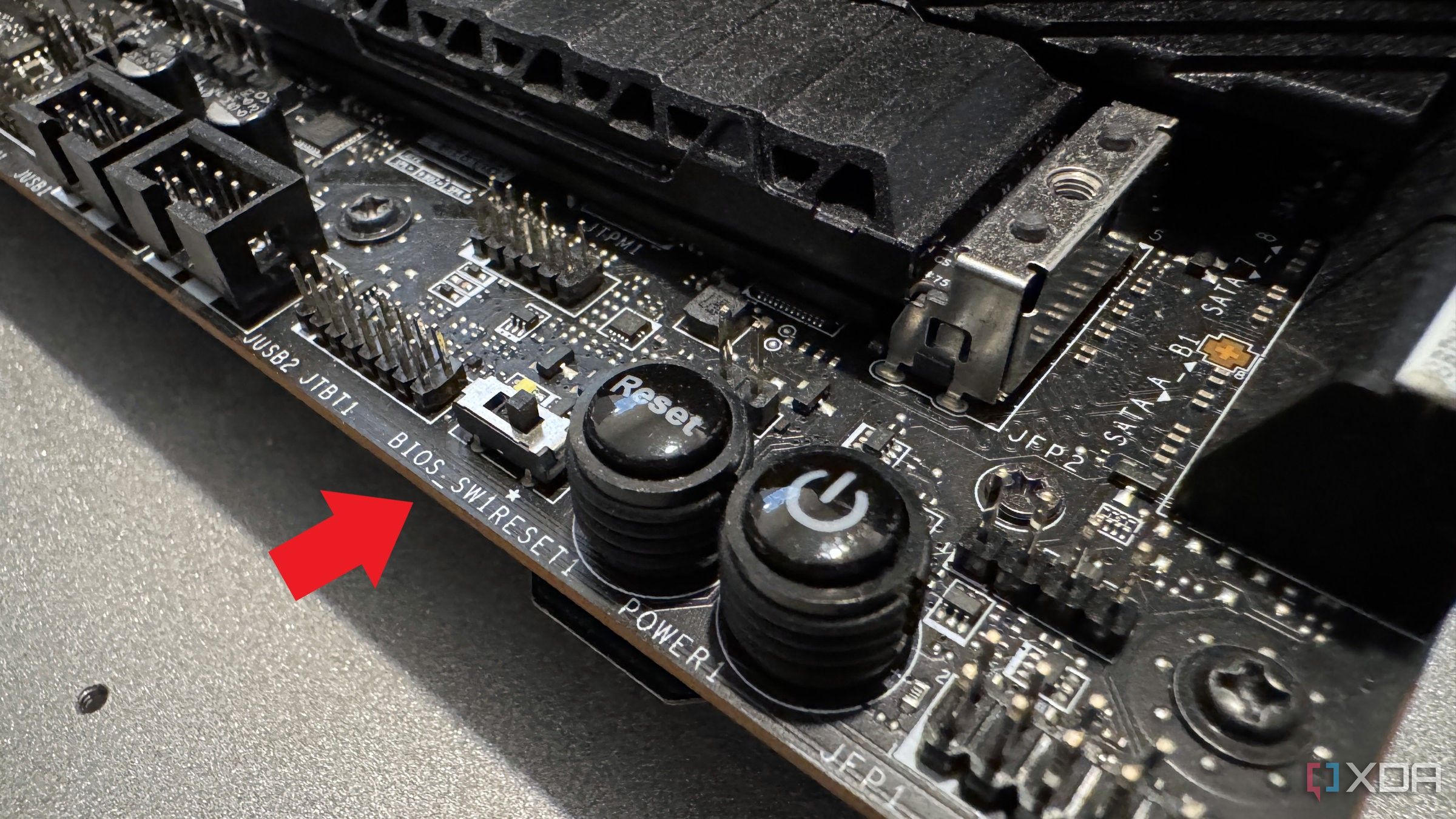
Some users might think that updating the BIOS is a one-way street. Since it appears complicated to some, they might assume that any update is permanent, and they have to live with the consequences, good or bad. However, even if a new BIOS version introduces a few bugs or instabilities, you can always go back to an older version. The process is the same — downloading the BIOS version you want to revert to, adding the contents to a USB drive, and flashing to the older BIOS.
Something you can do to avoid needless BIOS reverts is to search online for the BIOS version you're about to update to. If many users found issues with it, they would have posted about it on Reddit or other forums, and you can decide whether the update is worth it.
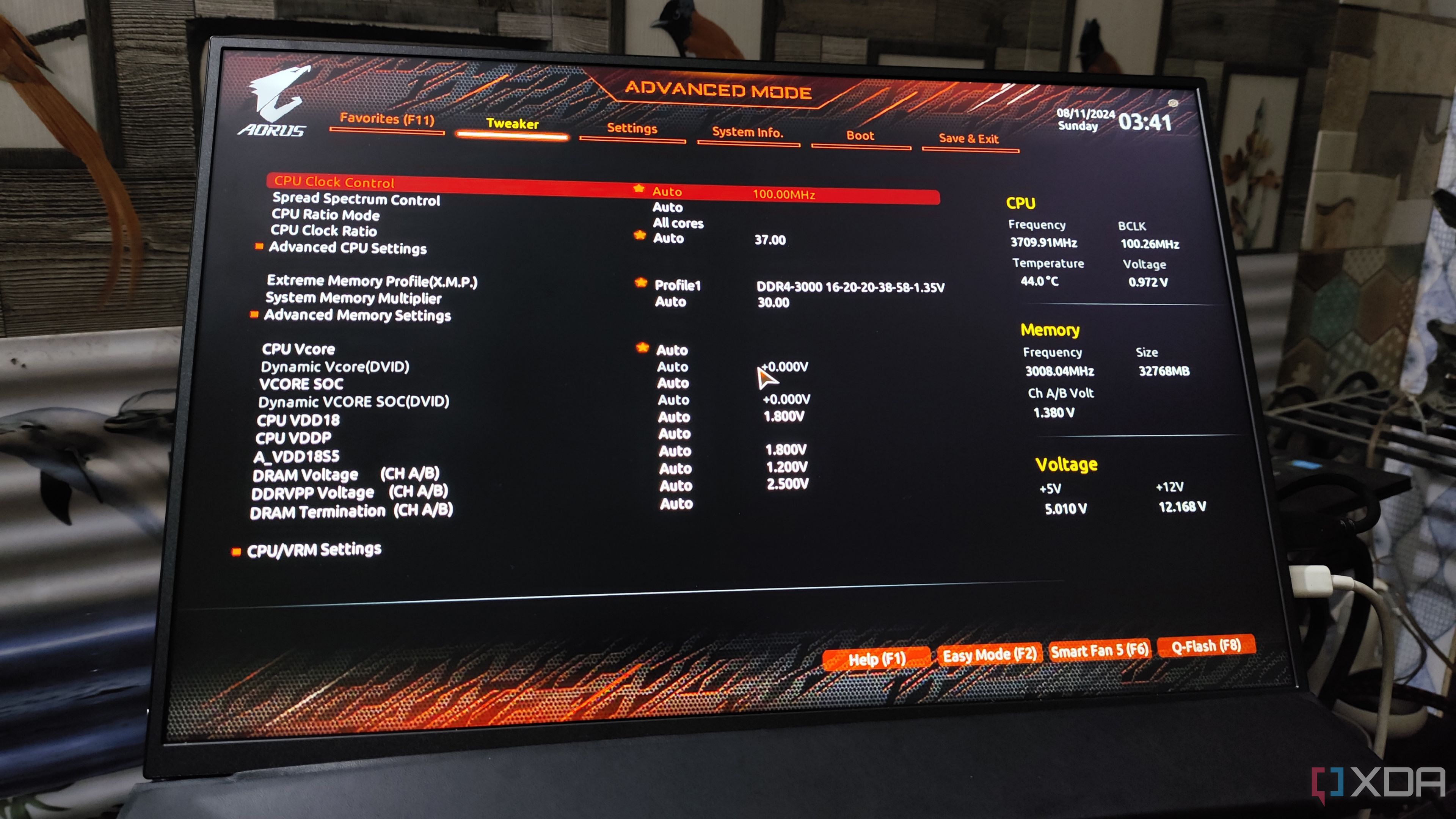
Related
6 BIOS settings every new PC builder needs to know about
We know you want to install your games, but first, you need to handle a few things in the BIOS
1 BIOS updates are risky
It's all in your mind
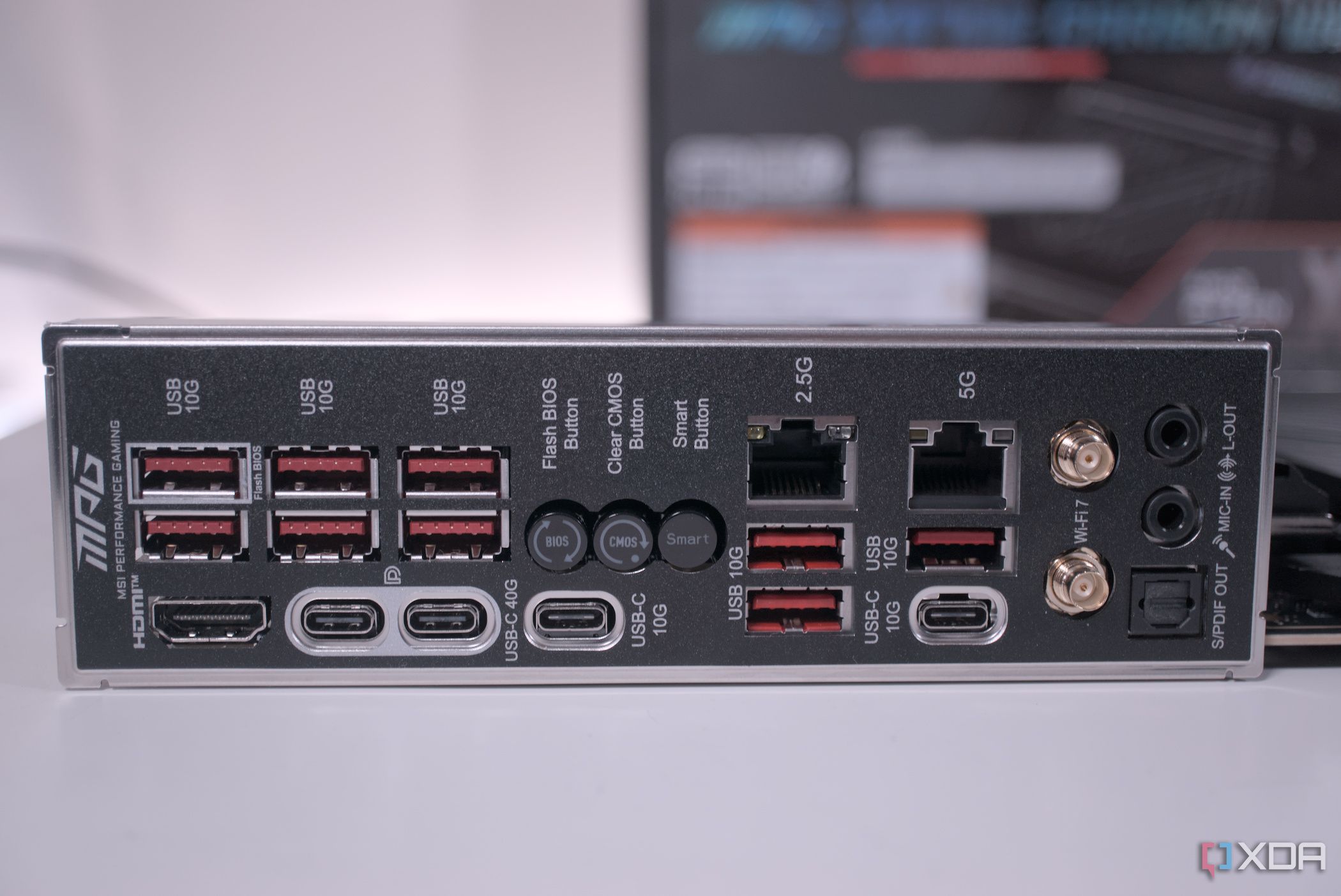
Finally, it's time to address the big one. The myth that BIOS updates can brick your PC persists ot this day, despite the evidence to the contrary. Even I avoided BIOS updates for years for the same reason. Modern motherboards, however, have multiple safeguards to tackle a failed BIOS update. Maybe there was a power cut during the update, or something else decided to act up, and you're now stuck with a PC that doesn't boot.
Chances are, your motherboard has a secondary BIOS you can enable with a simple button at the rear, and you'll be up and running in no time. Besides, BIOS flashback is found on almost every motherboard these days, and it allows you to update the BIOS without ever entering the BIOS. Simply plug the USB drive with the BIOS file into the designated USB port, and press the BIOS flashback button to start the process. You'll need to ensure that the PC is turned off, but the power supply is connected to the mains.
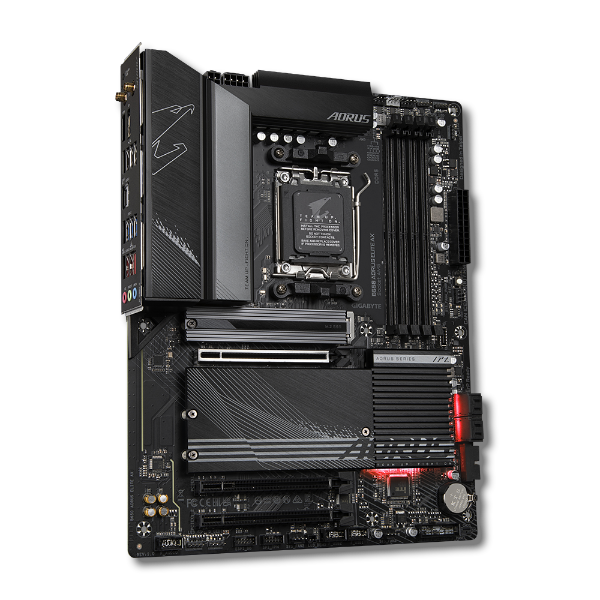
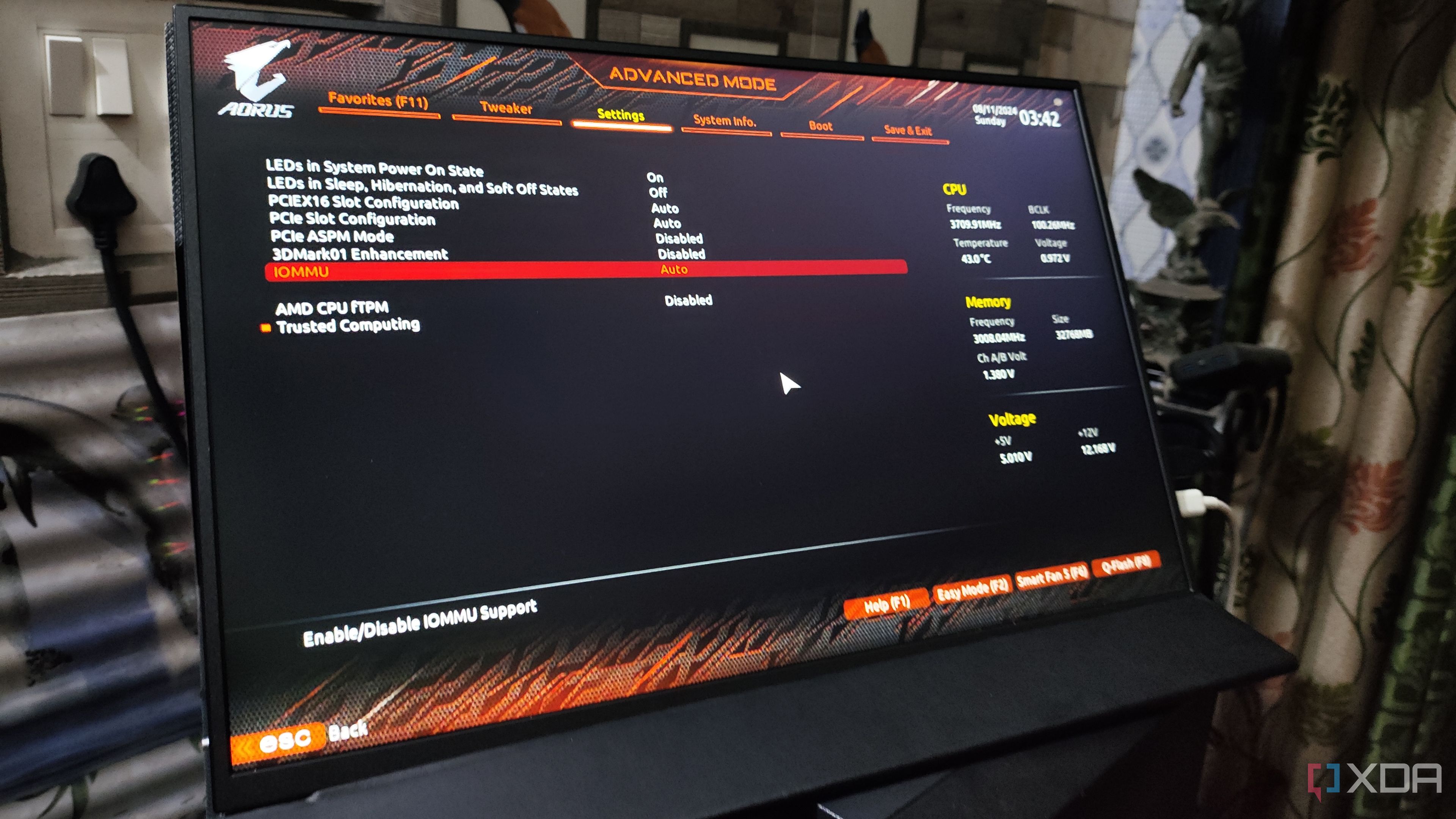
Related
These 2 BIOS features make bricked PCs a thing of the past
The old days of worrying during every BIOS update are gone
Updating the BIOS is neither complex nor necessary for everyone
While BIOS updates have become fairly simple and risk-free, thanks to modern motherboards, you don't need to jump to every single BIOS version released by your motherboard manufacturer. Only when there's a specific issue that a new BIOS version is addressing should you feel the need to update the BIOS. If everything is working fine on your PC, it's okay to avoid BIOS updates for months or a couple of years. Don't wait too long, though, lest your BIOS become outdated.
.png)
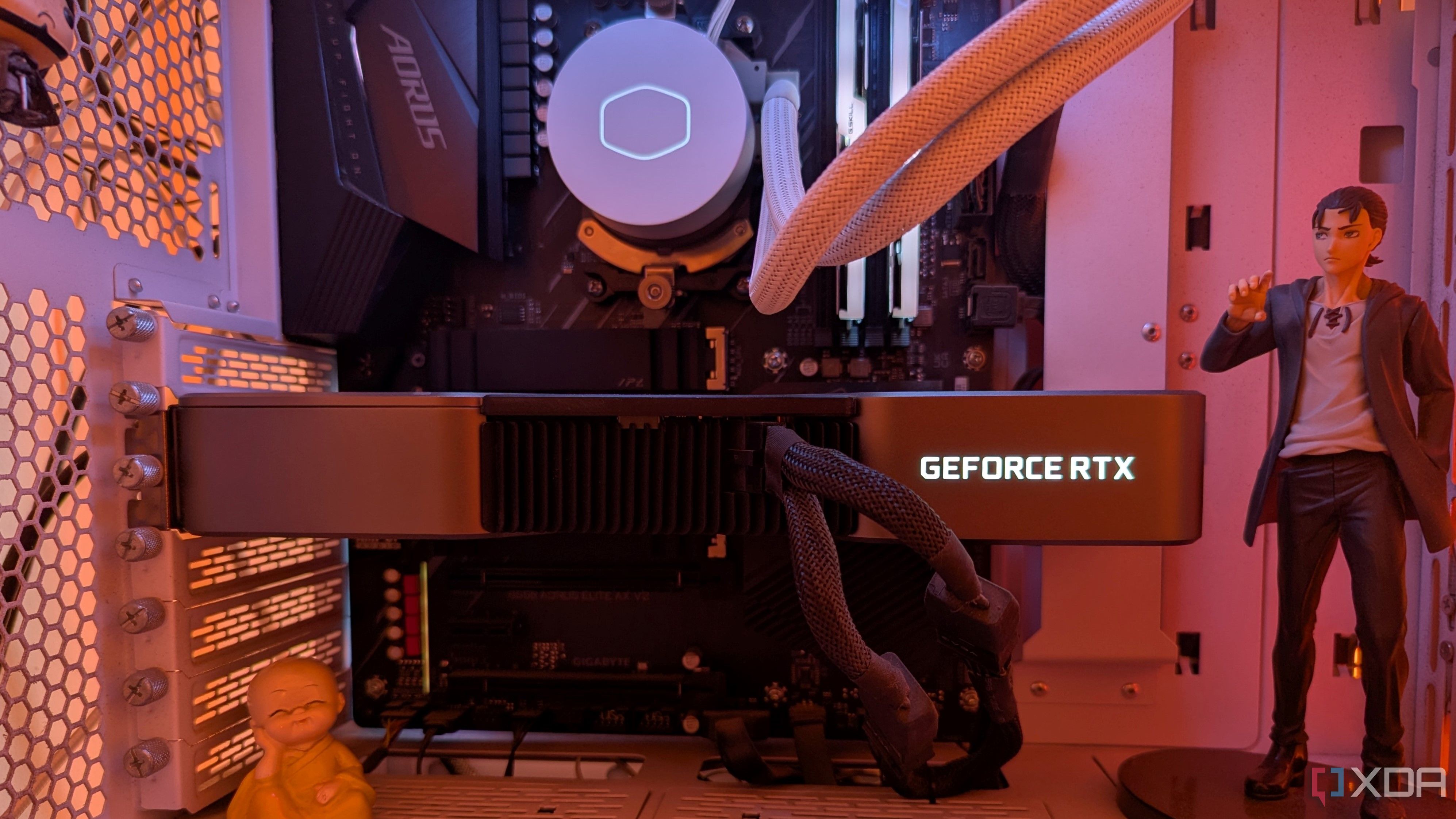









 English (US) ·
English (US) ·